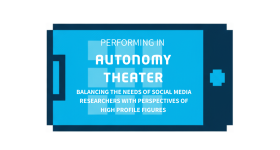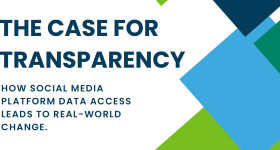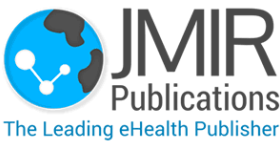Performing in Autonomy Theater
Balancing the needs of social media researchers with perspectives of high profile figures.


Performing in Autonomy Theater
Balancing the needs of social media researchers with perspectives of high profile figures.

From Dashboard to Data Acquisition
Researchers increasingly require data from social media companies to better understand the information environment, technology product design, & social issues.

Rethinking Citizen Competence: A New Theoretical and Empirical Framework
Sceptics charge that ordinary citizens are not competent enough to sustain democracy. The researchers challenge this assessment in this paper.

Designing a New Digital Regulator
IDDP hosted two design thinking workshops with recent civil servants where participants took part in two exercises centered on process-based needs statements.

Ethical Use of Pervasive Data for Research
The IDDP Council for Pervasive Data Ethics - Next Steps for the U.S convened to chart a set of actions to advance ethical practices in computing research.

This report makes the 'case for transparency' by presenting a series of influential social media research efforts.

Large language model (LLM) artificial intelligence chatbots using generative language can offer smoking cessation information and advice.

Explaining Twitter’s inability to reduce vaccine misinformation during the COVID-19 pandemic
Users dissatisfied with exposure to objectionable online content have begun to migrate en masse to new social media platforms.

The Reputational Penalty: How Fact-Checking Can Penalize Those Who Spread Misinformation
Whether or not political leaders pay a price for spreading misinformation has profound implications for democracy.
How does media shape and reflect right-wing rhetoric in the U.S.?
